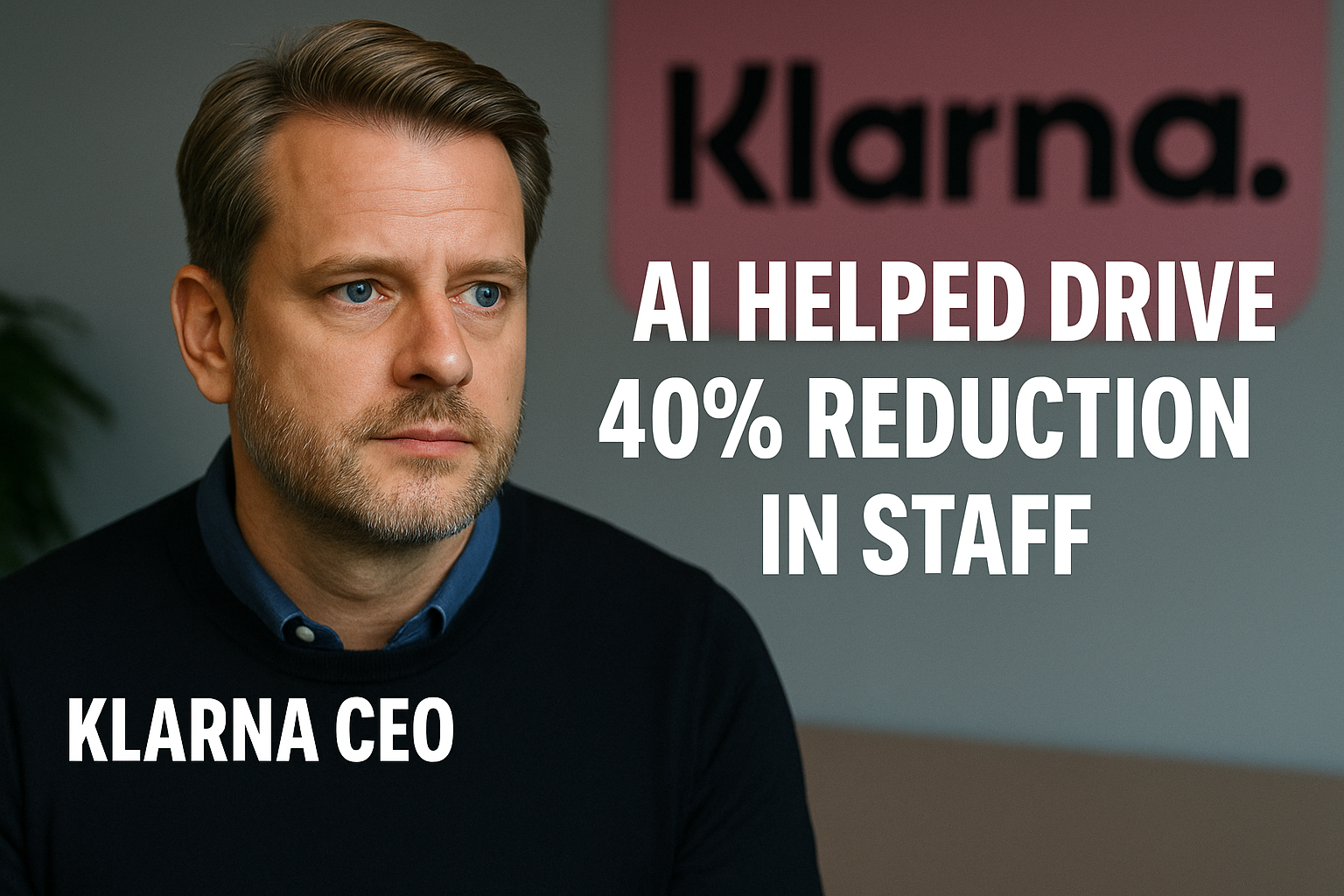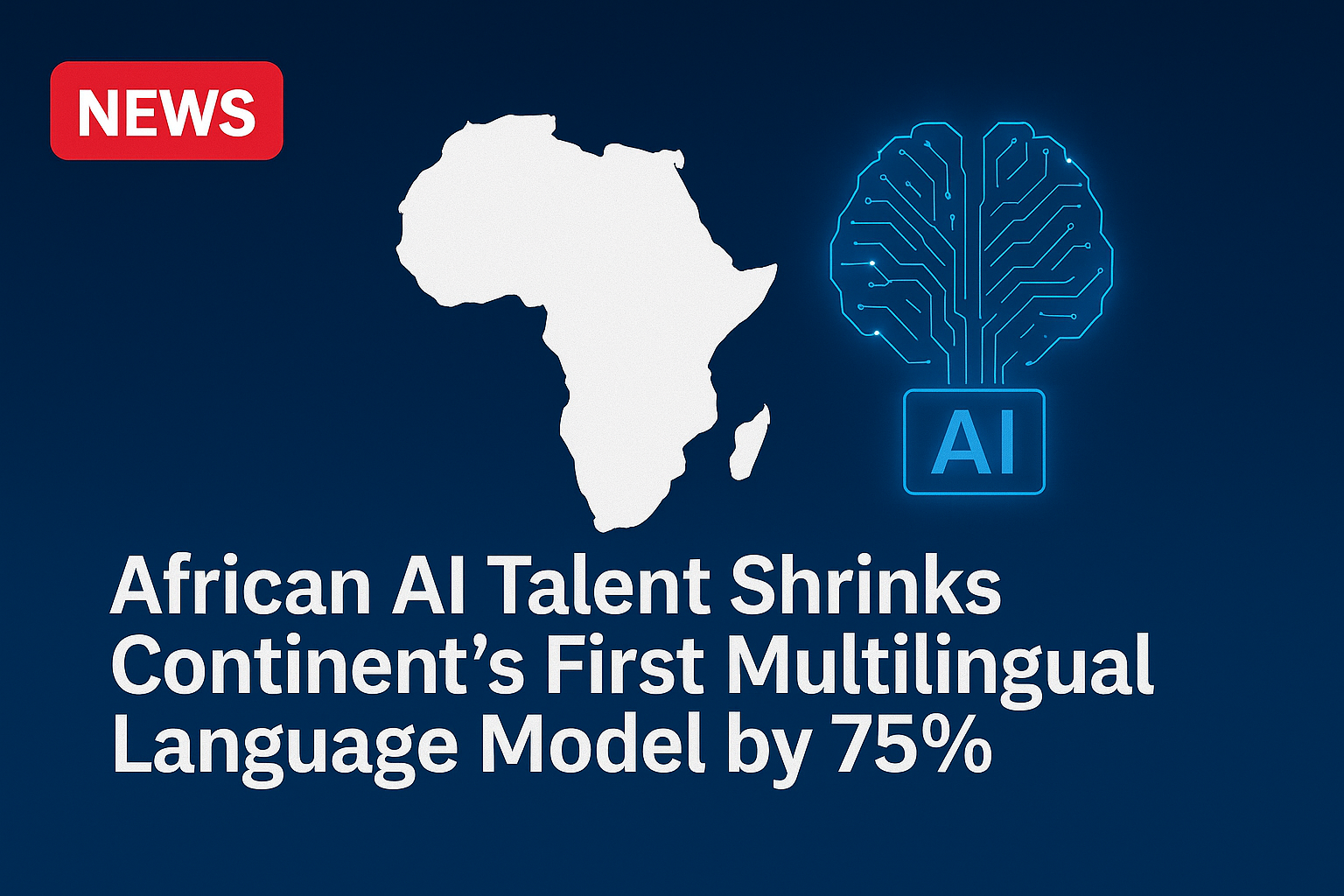Klarna’s CEO is reportedly attributing a 40% reduction in staff to the company’s AI investments.
Sebastian Siemiatkowski told CNBC on Wednesday (May 14) that artificial intelligence (AI) was just one factor behind the shrinking headcount, saying the Swedish pay later FinTech had also seen some natural attrition.
“The truth is, the company has shrunk from about 5,000 to now almost 3,000 employees,” said Siemiatkowski. “If you go to LinkedIn and look at the jobs, you’ll see how we’re shrinking.”
As the report notes, Klarna has made no secret of its aggressive AI adoption, going as far as using an “AI-generated version” of Siemiatkowski on a 2024 earnings call to illustrate the technology’s potential to automate jobs.
Klarna teamed with OpenAI in 2023 and introduced an AI customer service assistant using its technology the following year. While the company has said AI is performing the work of 700 customer service agents, Siemiatkowski said the reduced headcount wasn’t solely because of its artificial intelligence investments.
“We have simply communicated to our employees that what we’re going to do is we’re gonna shrink, so we’re going to stop hiring,” Siemiatkowski said Wednesday. “Natural attrition in a company like ours is 15-20% per year, so we shrink naturally 15-20% by people just leaving.”
Siemiatkowski’s comments came less than a week after a separate interview in which he said Klarna had begun a hiring effort to ensure customers always have the option of speaking with a human customer service rep.
“From a brand perspective, a company perspective, I just think it’s so critical that you are clear to your customer that there will always be a human if you want,” the CEO told Bloomberg News.
PYMNTS wrote last month about fear among workers that they’ll lose their jobs because of AI. MIT economics professor David Autor argues that AI will for the most part augment workers instead of replacing them.
“Over the last 200 years, we have automated so much of what we do,” he said in late March at the MIT AI Conference.
“We have mechanized. We have moved ourselves out of agriculture, out of manufacturing, out of back-breaking toil…We have made labor more valuable during that period.”
Still, fears remain. Research by PYMNTS Intelligence from earlier this year found that 54% of workers think AI poses a “significant risk” of widespread job displacement. These fears cut across industries and demographics.
Some groups are more concerned than others, with people in technology and non-customer-facing roles showing the most concern (58%), while healthcare and education workers felt less worried at a respective 48% and 52%.
Source: https://www.pymnts.com/





